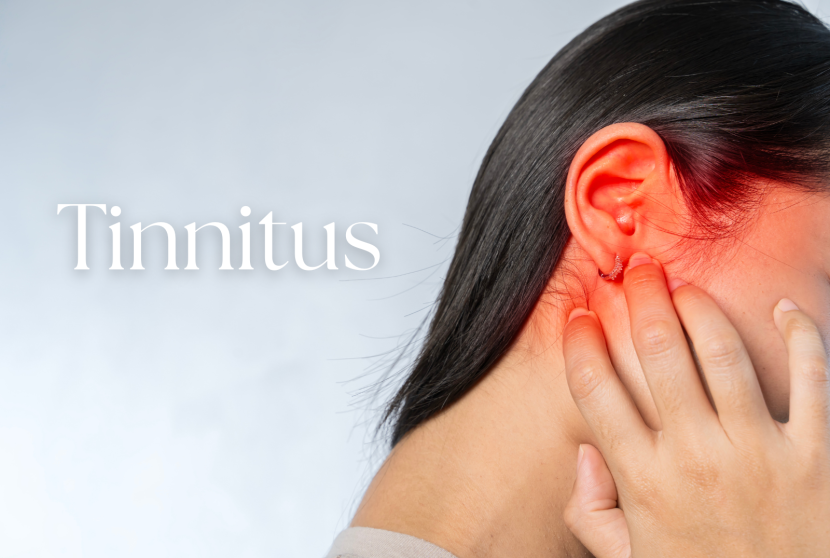Have you ever heard a ringing, buzzing, or humming sound in your ears that no one else seems to hear? If yes, you might be experiencing tinnitus. This condition affects millions of people worldwide and can be frustrating, disruptive, and even anxiety-inducing.
The good news? While tinnitus isn’t usually a sign of a serious condition, it can often be managed with the right lifestyle changes and treatments. Let’s break it down.
What Is Tinnitus?

Tinnitus is the perception of sound in the ears or head without an external source. People often describe it as:
- Ringing
- Buzzing
- Hissing
- Clicking
- Roaring
- It can affect one or both ears and may be constant or intermittent.
According to the American Tinnitus Association (ATA), tinnitus itself is not a disease, but rather a symptom of an underlying condition, such as hearing loss, ear injury, or a circulatory issue.
How Common Is Tinnitus?
Tinnitus is surprisingly common, affecting around 15–20% of people at some point in their lives. It is more frequently seen in older adults, often due to age-related hearing loss. Another major risk factor is exposure to loud noises, such as concerts, industrial work environments, or listening to music at high volumes through headphones.
Causes of Tinnitus
It can stem from a variety of factors, including:
- Noise-induced hearing loss
- Earwax blockage
- Middle or inner ear infections
- Age-related hearing loss (presbycusis)
- Head or neck injuries
- Certain medications (e.g., antibiotics, chemotherapy, aspirin in high doses)
- Cardiovascular issues (high blood pressure or irregular blood flow)
- Underlying medical conditions like Ménière’s disease
Learn more at Mayo Clinic – Tinnitus Causes.
When Should You See a Doctor?
Seek medical help if:
- Tinnitus is sudden or unilateral (only in one ear).
- You also experience dizziness or hearing loss.
- It interferes with sleep or daily life.
A doctor may refer you to an audiologist or ENT specialist for hearing tests and further evaluation.
How to Manage Tinnitus
While there’s no single cure for tinnitus, there are ways to manage it and find relief. Protect your ears from loud noises by using earplugs at concerts or around machinery. Many people also benefit from masking the ringing with white noise, like a fan or soothing sound apps. Since stress can make symptoms worse, practicing relaxation techniques such as meditation or yoga can help. It’s also a good idea to cut back on caffeine, alcohol, and nicotine, as these can aggravate tinnitus. For those with hearing loss, hearing aids or sound therapy can make the ringing less noticeable, and Cognitive Behavioral Therapy (CBT) can help you cope better and reduce anxiety around the condition.
Final Thoughts
It can be challenging, but it’s manageable. Identifying the underlying cause and adopting healthy coping strategies can significantly reduce its impact on your life.
If your symptoms persist or worsen, consult an ENT specialist. You don’t have to “just live with it.” Effective therapies and treatments are available.




